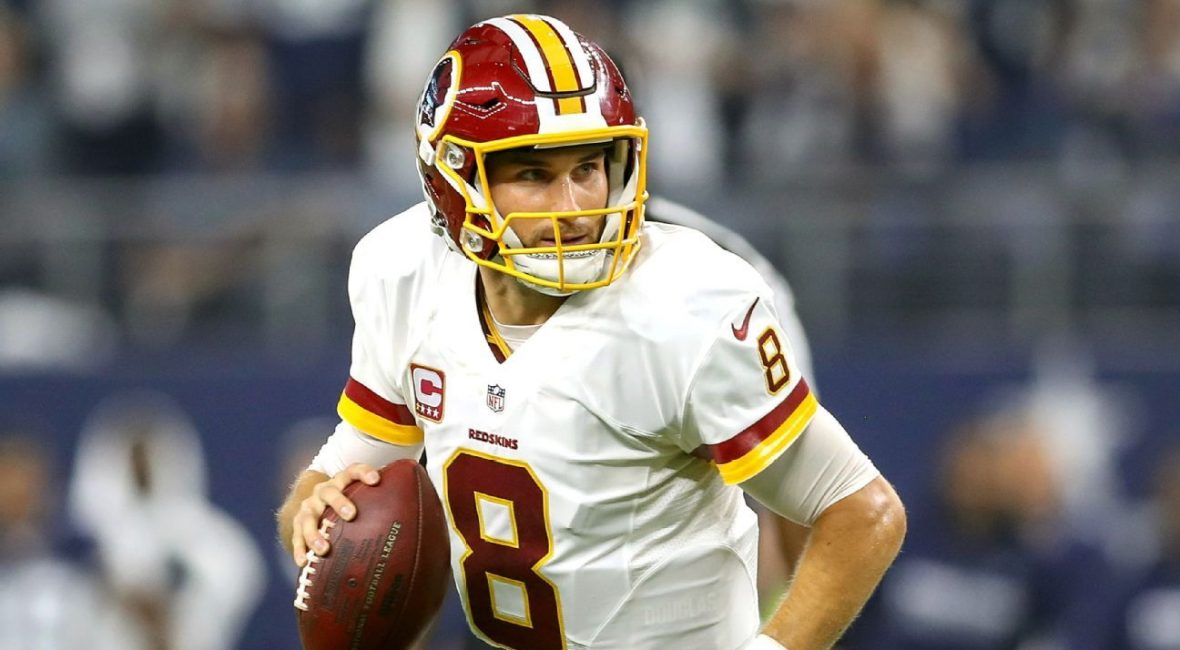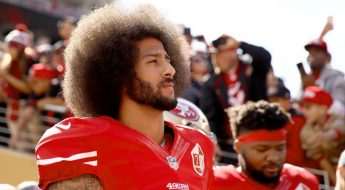Quit comparing Kirk Cousins' future deal to Aaron Rodgers, Tom Brady

Legitimate arguments exist for what Washington Redskins quarterback Kirk Cousins should make — or not make — in his next contract. The debate centers around one central issue: Do you view him as a top-10 passer (or close to it) or a guy who mostly benefits from his surrounding talent?
But two arguments don’t make sense, and they seem to pop up, at least from a fan’s perspective, whenever this topic is broached.
He shouldn’t be paid more than Aaron Rodgers
If the only measuring stick were who’s better, then nobody except New England’s Tom Brady should be paid more than the Green Bay quarterback. Baltimore’s Joe Flacco, coming off knee surgery, signed a contract extension last March that paid him more per year than Rodgers. Yes, Flacco once won a Super Bowl, but he’s not better than Rodgers.
“He’s a great case of it being timing and leverage,” said Joel Corry, a former NFL agent who is considered a salary-cap expert, about Flacco’s deal.
That’s how it works in every sport. Timing is everything. Also, if Rodgers and Cousins were free agents in the same offseason? Their salaries wouldn’t be close; Rodgers would make a lot more.
Also, Rodgers signed his deal in 2013, when the salary cap was $123 million. Cousins will sign his in 2017, when the cap could reach $168 million. Percentage of cap space matters more. And by 2019, estimates are the cap will reach $190 million.
The benchmark will be Andrew Luck’s deal with Indianapolis signed in June, giving him an average of $24.6 million per year (with $87 million in guaranteed money, $60 million fully guaranteed).
“There’s a point, always,” Corry said of when demands don’t match value. “But I don’t think Kirk Cousins trying to top Luck is that point. We’ve seen this year, if you don’t have a quarterback, you’re not going to go that far. You can do it with Trent Dilfer, but you have to have a great defense. That’s a harder route to go, and the Redskins don’t have a great defense.”
The last point on this, from Corry: If other quarterbacks such as Atlanta’s Matt Ryan, Oakland’s Derek Carr and Detroit’s Matthew Stafford get extensions this offseason, they would (or should) top Cousins’ contract. So by the end of the offseason, Cousins’ average salary per year would be fourth, at best. None of these quarterbacks are better than Rodgers. At this point, though, Rodgers would be eighth on the money list.
Tom Brady took less, why not Cousins?
The New England quarterback makes less per year than 21 other quarterbacks. Think about that for a minute. But the Patriots also use that to reduce salaries elsewhere. If the best player on a team takes less, then so should others. That means, for example, Redskins cornerback Josh Norman and left tackle Trent Williams would not be making what they do. Both will count more against the cap in 2017 than Brady.
“That’s something nobody else is going to do on a regular basis,” Corry said of Brady. “You don’t even see guys on third contracts doing anything remotely close. Eli [Manning] and Philip [Rivers] and Ben [Roethlisberger] all got market deals when they got their second bite of the apple. Even Drew Brees did not give New Orleans a discount.
“I guarantee if you got the [players’] union to be honest, they would express displeasure. The fact that [Brady] didn’t get fair market value impacts the quarterback market. … That comes up in other negotiations with other players, where a team talks about how Tom didn’t maximize every dollar, and they use it as a point why other players shouldn’t.”
Brady also happens to be married to a supermodel, Gisele Bundchen, who made a reported $30.5 million last year, according to Forbes.
“Nobody else is in a position where they may have had to sign a pre-nup,” Corry said of other quarterbacks.
That’s not to say Cousins should squeeze every dollar out of the Redskins. He has said he doesn’t want to do so. If he truly wants to stay in Washington, he’ll do a fair deal. Of course, the two sides could disagree on what they view as fair. And that’s reasonable.
“I don’t think it’s very persuasive to say, ‘Take less money,'” Corry said. “Teams can always ask you to take a pay cut. They never gratuitously give you a raise.”





